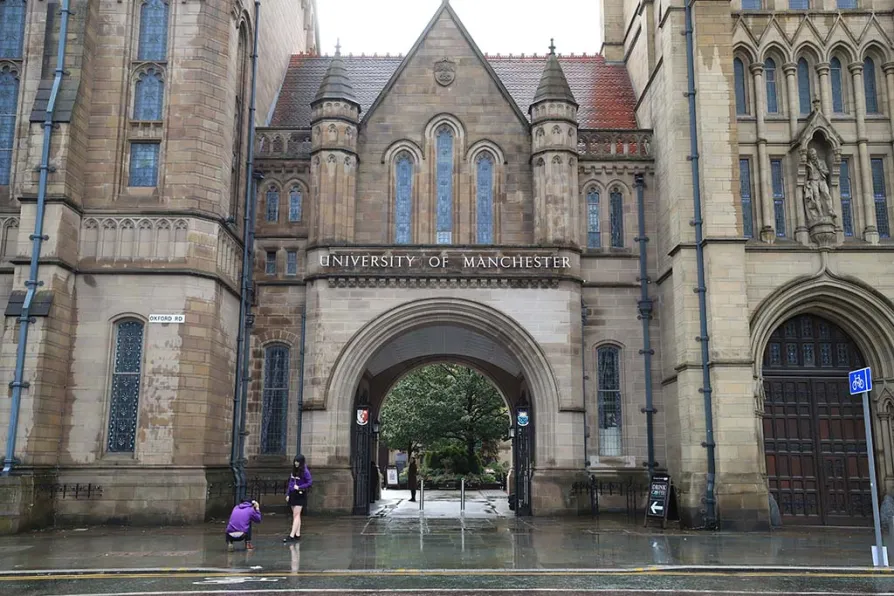
 The University of Manchester
The University of Manchester
STUDENTS at the University of Manchester (UOM) have voted to cut ties with Tel Aviv University over its role in Israel’s genocide in Gaza.
The vote saw 94 per cent of the university’s student union favour cutting a research partnership with the Israeli institution on Thursday.
The partnership, which has been in place since 2021, sees up to eight joint projects every year receive up to £5,000 from UOM.
The university has spent £89,248 on the partnership to date.
Tel Aviv University has extensive ties to Israel’s military, including a joint research centre with the Israeli Air Force, and collaborates with armaments firms like Elbit Systems, which has sponsored a programme at the university.
The vote came on the back of a union assembly, where the motion was debated and amended to include a call for UOM to form productive partnerships with Palestinian universities.
A student from UOM Action 4 Palestine said: “The student body stands firmly in support of Palestinian liberation.
“They reject the university’s blood-soaked ties with Tel Aviv University and call on the university to take tangible steps to cease its complicity in genocide.
“We will be holding the university management accountable to the voice of the students. We say academic boycott now!”
Another student said: “I voted in the motion straight away. I can’t believe our university has ties with a university supporting genocide.”
Numerous universities have already rolled back partnerships with Tel Aviv University including Radboud University, University of Geneva, and University of Helsinki.
A University of Manchester spokesperson said: “While we respect the democratic right of students to vote in favour of this motion, our researchers also have the right to pursue their research interests as they see fit, within the law.
“The motion by the Students’ Union is non-binding on the university, and we believe collaboration with international partners is important, alongside our long-standing and widespread activity to provide scholarships and assistance to students and academics from conflict areas around the world.”










